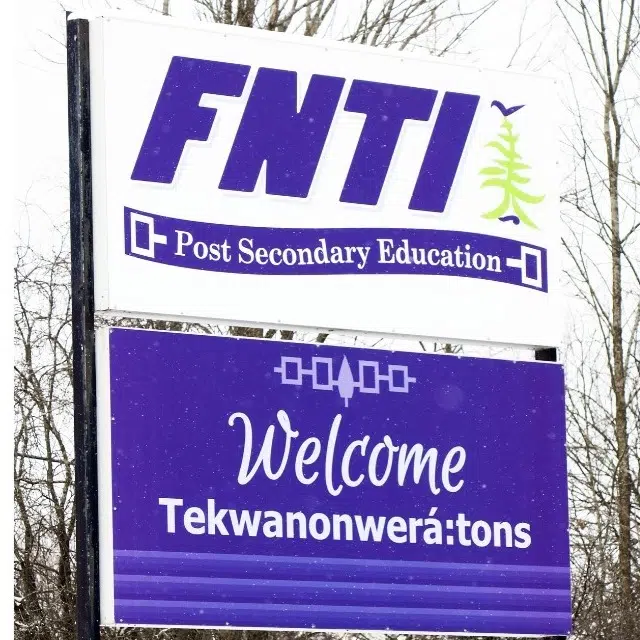First Nations Technical Institute is calling on the federal and provincial governments to provide more resources they say is desperately needed.
In a press release on Monday, FNTI says that Indigenous-led institutions lack the resources and facilities that are standard for mainstream institutions.
“It’s actual operational dollars to be able to hire faculty,” president of FNTI, Suzanne Brant tells Quinte News.
“We don’t have full-time faculty in our institute. Mainstream has all kinds of full-time faculty, that’s not even in question, but we don’t have the resources to hire full time faculty.”
Brant says the lack of resources has led to the institute not being able to meet the needs of its applicants.
“It was 862 students that we had apply for our programs, just the current programs that we’re running right now, and we only had 299 seats,” Brant said.
“It’s unfortunate we can’t offer more of those programs because we don’t have the resources to do that.”
Brant says other programs they would like to have up and running cannot go forward.
“We’ve got a four year Science degree in the Indigenous sustainable foods program that we want to get up and running. We’ve got it ready to be accredited. Again, no resources to support that.”
When it comes to facilities, Brant says the infrastructure does not meet the standard of other more mainstream post secondary institutions.
“Infrastructure is another big need for our institute,” Brant says.
“A place that our students can come and be proud that where they’re graduating from. That’s their home. That’s minimal. It’s not huge. We don’t need major campuses, but we do need some infrastructure.”
The FNTI has reached out to the federal and provincial governments addressing the issues.
“We’ve reached out to both levels of government to make requests,” Brant says.
“We’ve put forward our budgets, what our current deficit is, what our budget needs are, what our future plans are and what we need.”
In the release, FNTI says the support from government is critical to true reconciliation and will help Indigenous communities enact sovereignty over their future.






